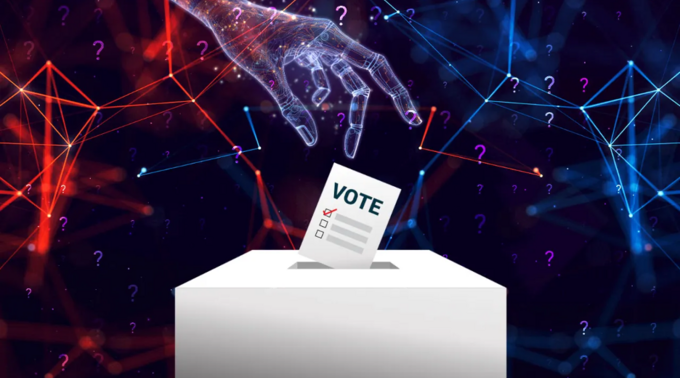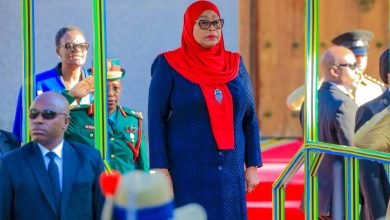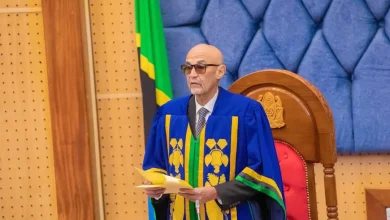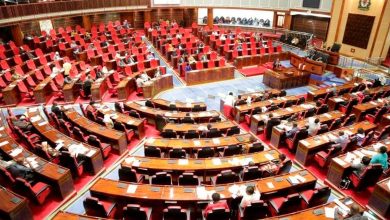‘Verify AI-generated content during election’

DAR ES SALAAM: THE Personal Data Protection Commission (PDPC) has urged editors and journalists to thoroughly verify information before publishing or broadcasting it to avoid falling victims to manipulated or fake visuals generated through the misuse of Artificial Intelligence (AI) during the election period.
The call comes amid growing concerns over misinformation and disinformation, particularly through deep fakes and altered images, which could undermine public trust in the electoral process.
Speaking during a recent media training session in Dar es Salaam, PDPC Head of Public Relations and Communications, Mr Innocent Mungy, raised alarm over the increasing risk posed by AI generated content, especially deep fakes- highly realistic but fake audio, video and images, which he said present a serious threat to credible election coverage.
“As we approach the elections, there will be an increase in misinformation using AI. My advice is simple…every election-related story that contains an image or video must be verified. There is software available that can confirm whether a video or image is genuine. Make sure you check before publishing,” said Mr Mungy.
He warned that AI can be misused to favour certain candidates or political parties by creating fabricated images, videos, or audio recordings, potentially damaging the credibility of media houses and resulting in costly corrections.
Mr Mungy stressed the urgent need for the media to strengthen their resilience against AI-related challenges, highlighting the critical role journalists play in safeguarding public trust in the electoral process.
He further noted that today’s newsrooms are increasingly data-driven, relying heavily on digital platforms, cloud-based news gathering and data analytics.
While these tools improve efficiency and reach, they also expose media houses to higher risks of personal data breaches and ethical lapses, underscoring the need for responsible data practices.
ALSO READl: INEC taps CSOs for 2025 Election integrity
“The digital shift is irreversible. But with this transformation comes the responsibility to embed privacy and personal data protection into journalism practices. You, as journalists and editors, are the guardians of that privacy in the media landscape,” he said.
Highlighting common compliance gaps, Mr Mungy pointed out that many media institutions use unsecured communication tools, lack training for journalists on data protection and operate without formal personal data protection policies.
He urged media professionals to actively raise awareness within their newsrooms and among their sources.
“Educate your news sources on their privacy rights. Let them know the steps you take to protect their data. Include privacy disclaimers in your engagement materials,” he added.
Mr Mungy recommended that media outlets adopt personal data protection policies, ensure consent before broadcasting interviews and honour agreements when sources request certain information to be withheld.
He said integrating privacy and data protection into newsroom operations not only reduces the risk of legal liability but also boosts credibility, strengthens public trust and opens doors to international partnerships.
Echoing these sentiments, PDPC Director of Registration and Compliance, Eng Stephen Wangwe, stressed the importance of media outlets working closely with PDPC and the Independent National Electoral Commission (INEC) to better understand and address personal data protection challenges.
He warned that neglecting such safeguards could undermine democratic processes as the country heads toward the general election.





